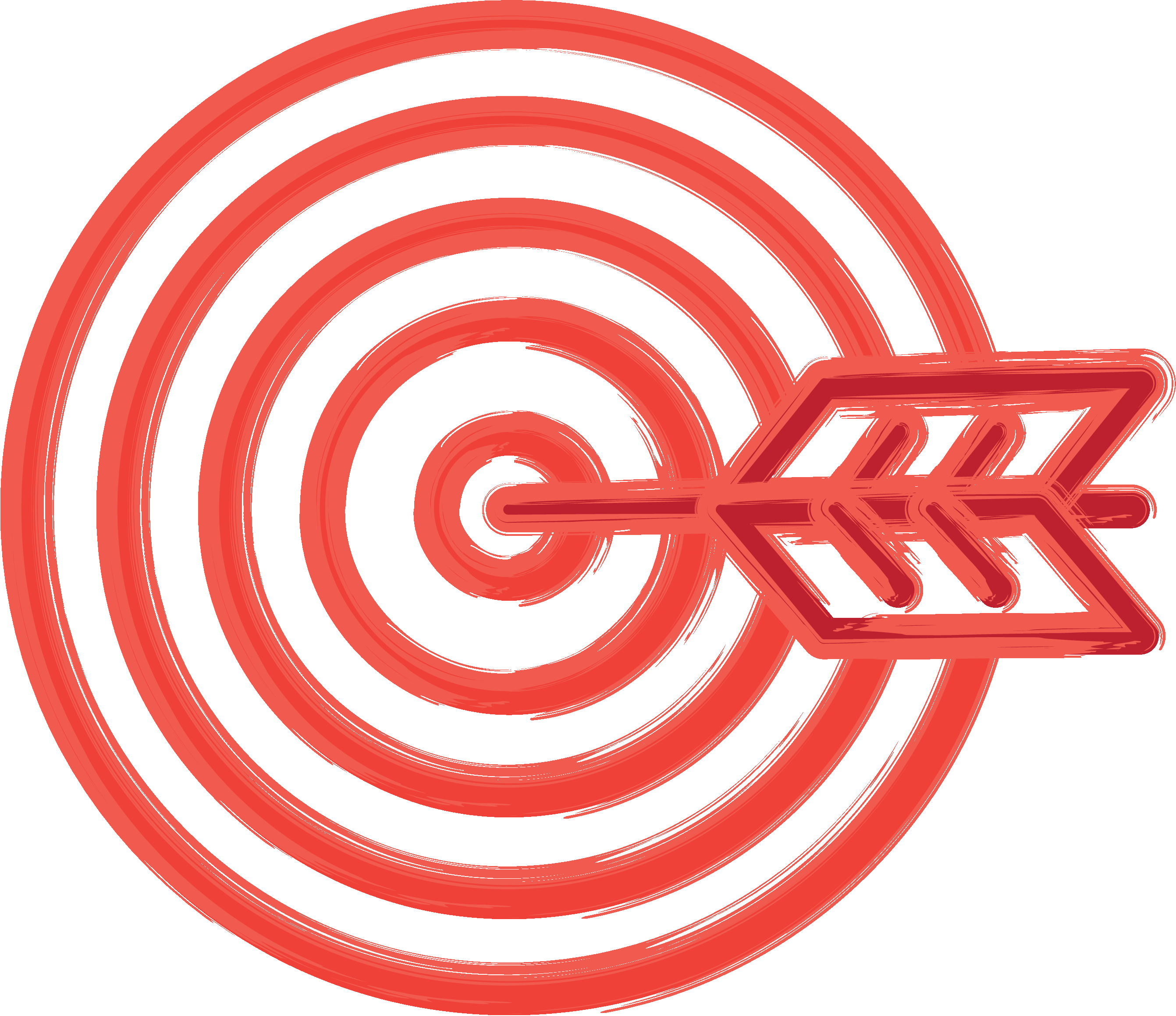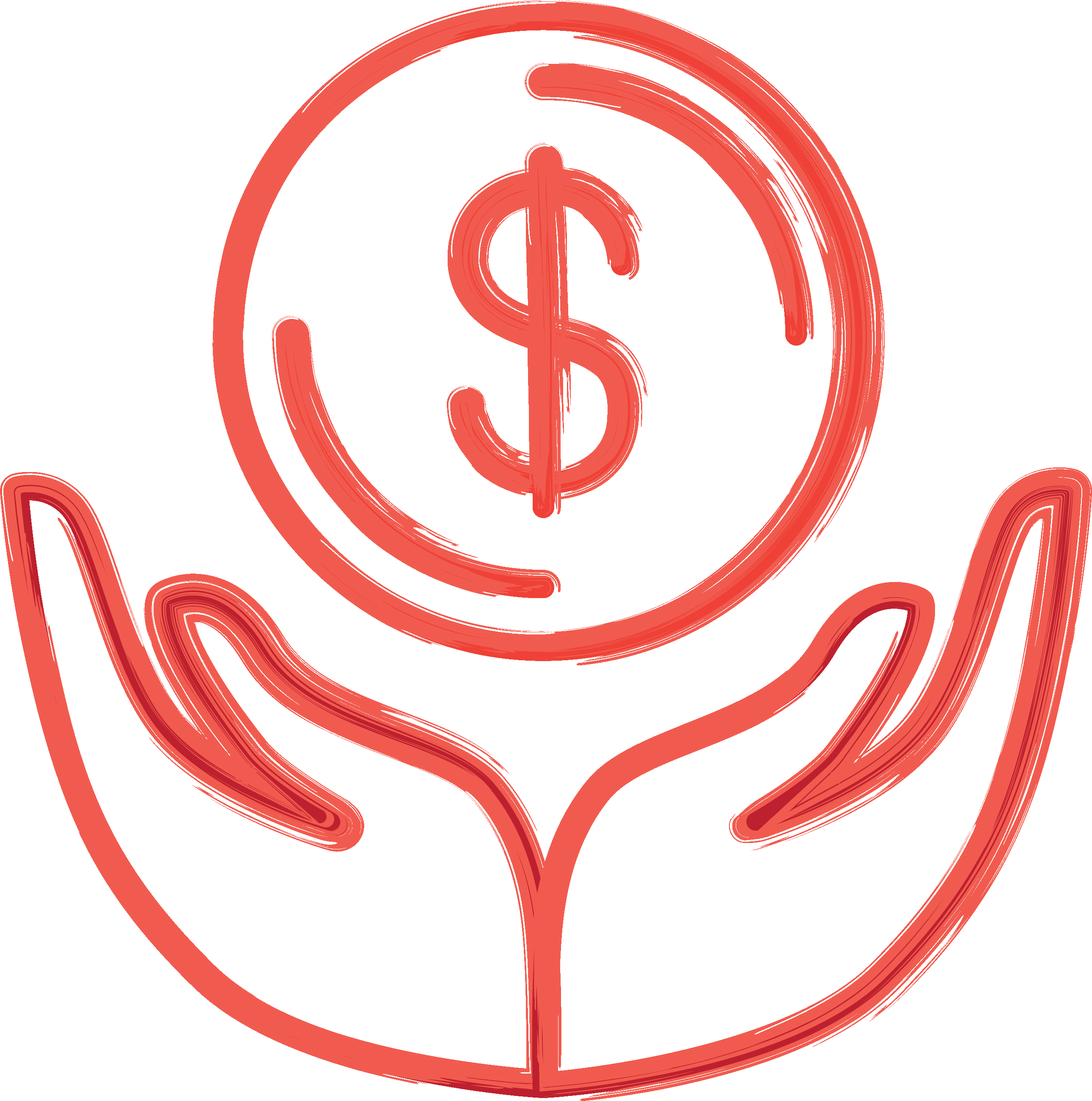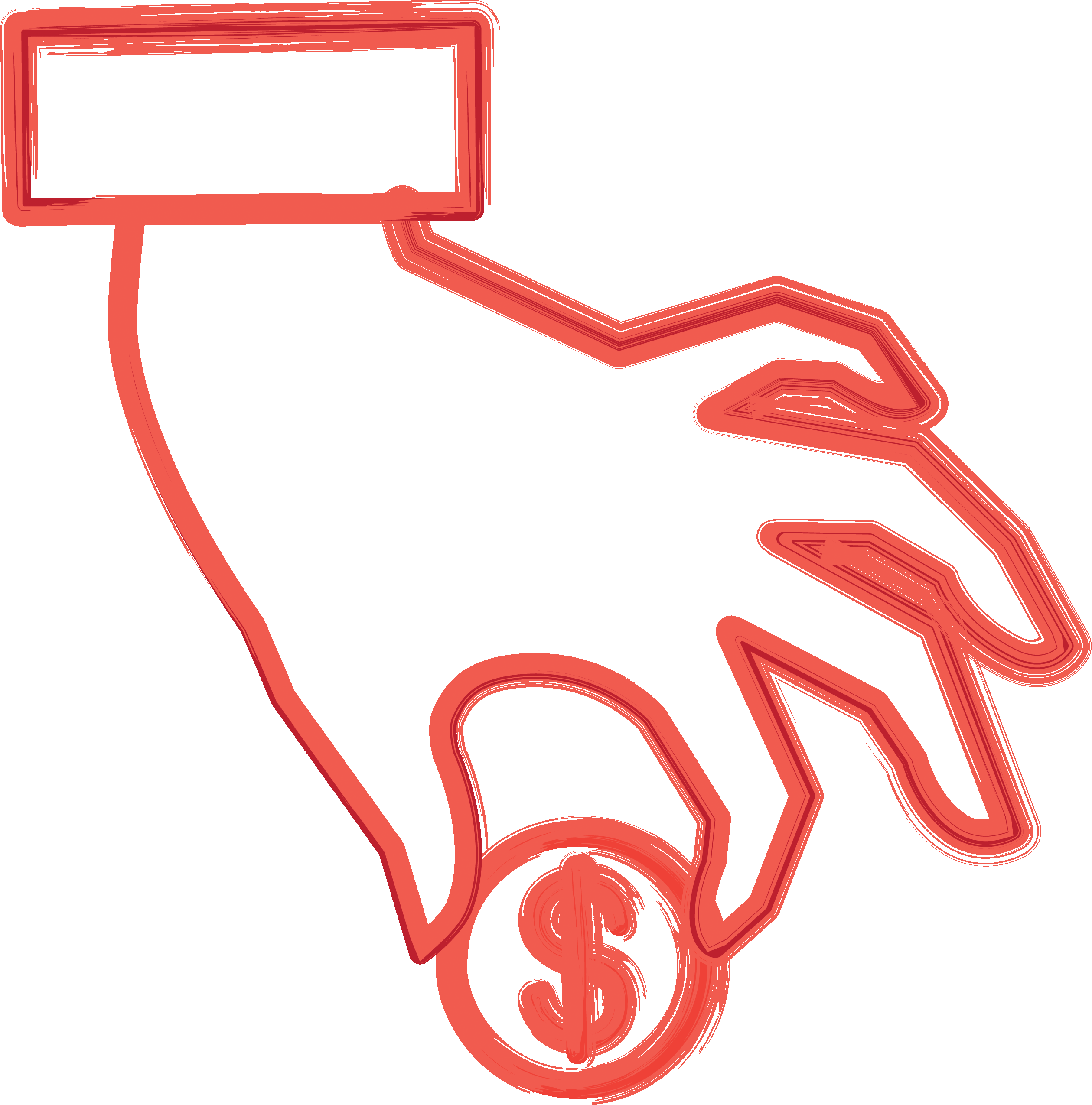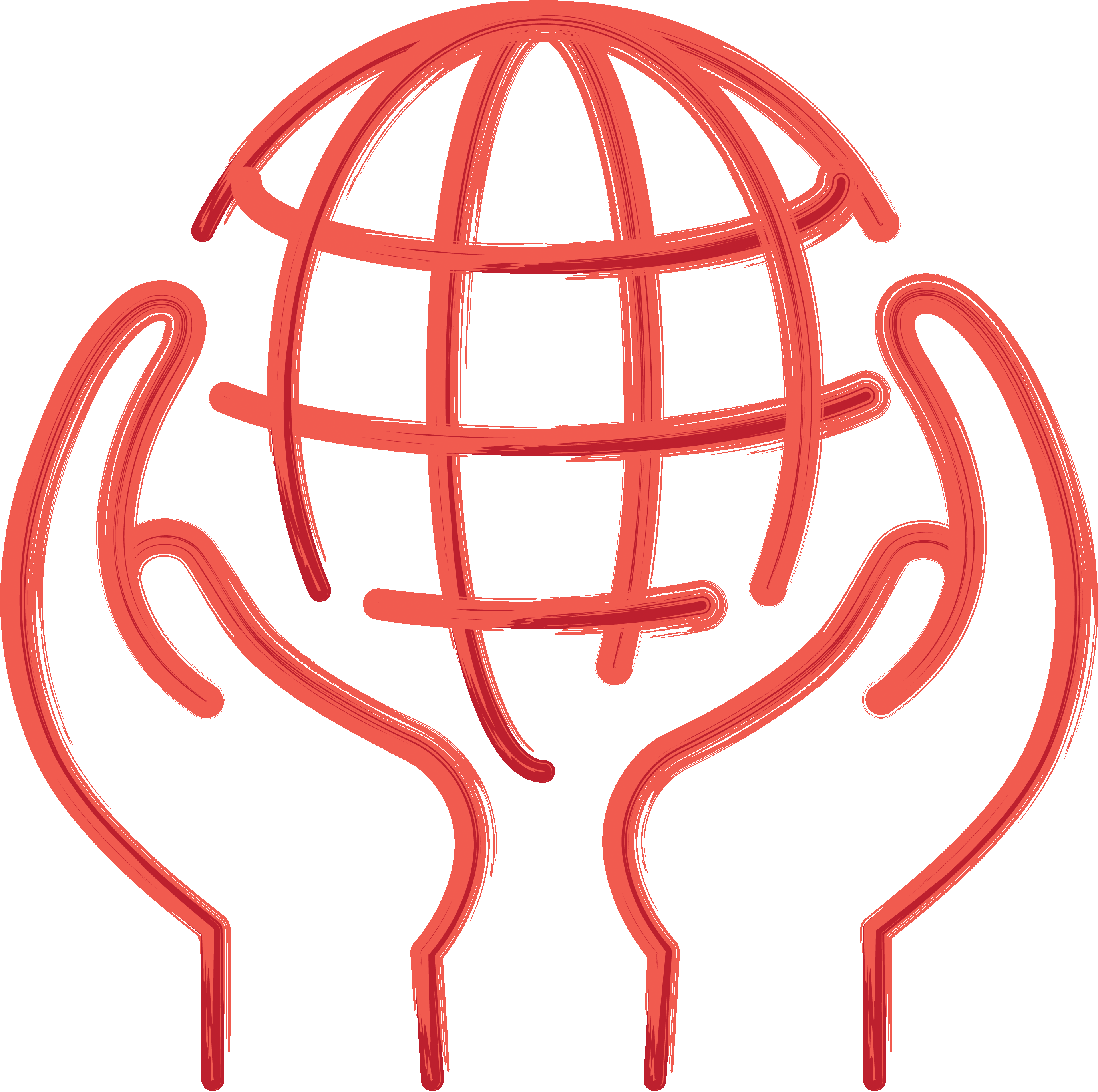THE RURAL ENTREPRENEUR ACCESS PROJECT (REAP)
BOMA’s Rural Entrepreneur Access Project (REAP) model has empowered thousands of people to escape extreme poverty. It started by empowering pastoral women in Northern Kenya, resulting in successful businesses created, increased education for girls and better meals. REAP proved so sustainable and cost-effective that BOMA invested in studying and scaling this approach to combat rising levels of extreme poverty in Africa’s drylands. Participants enroll in REAP for 12-24 months, learning valuable skills, launching sustainable businesses and forming savings groups with their peers — all with the guidance of their BOMA mentors. Upon graduating, participants see measurable improvements in savings, assets, and income. In light of this success, REAP is now being scaled and adapted to maximize efficiency in an effort to transform the lives of three million women, youth, and refugees by 2027.
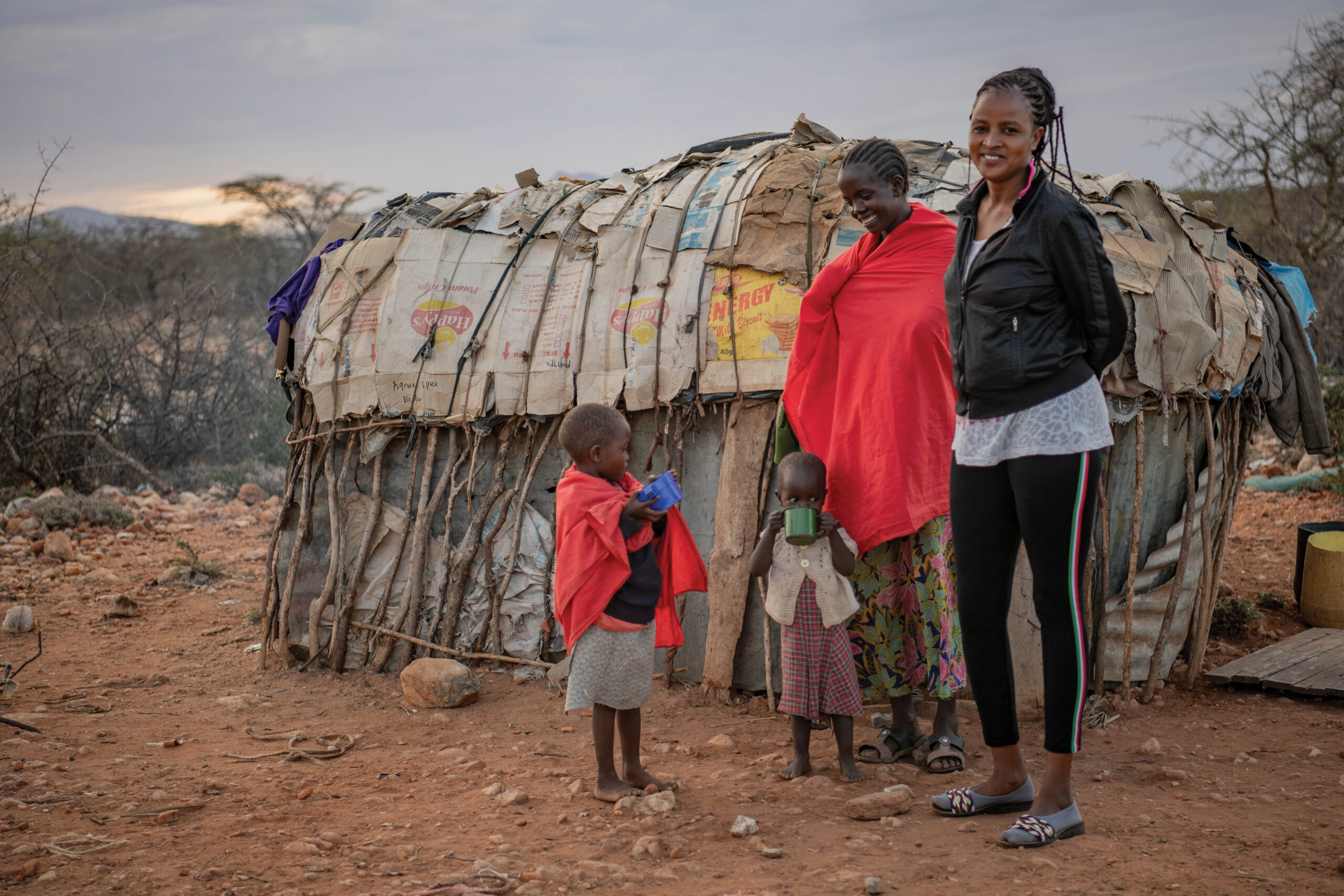
In Close Collaboration
Alongside the direct implementation of BOMA’s REAP program, this approach is also being adopted by the Government of Kenya. The Kenya Social Economic Inclusion Project (KSEIP) is a World Bank-funded, Government of Kenya-led endeavor to expand the country’s safety net programming for the poor and to test the expansion of the poverty graduation approach. As part of KSEIP, BOMA, in partnership with the Global Development Incubator and Village Enterprise, is helping the Kenyan Ministry of Labor and Social Protection to embed BOMA’s model and the graduation approach in the Government of Kenya’s social protection program. Focused on economic inclusion and women’s empowerment, KSEIP is enabling tens of thousands of Kenyans living in extreme poverty to engage in sustainable livelihoods and develop resilience. The project will also build the capacity of the national and county governments in five counties to scale the reach of the poverty graduation approach.
The Steps of REAP
These six steps comprise BOMA’s poverty graduation approach, the Rural Entrepreneur Access Project (REAP)
REAP Adaptations
BOMA has adapted our classic REAP model to serve populations impacted by the climate crisis, food insecurity and malnutrition, instability, and youth unemployment.
Green REAP
REAP for Refugees
REAP for Nutrition
SEED for Youth

